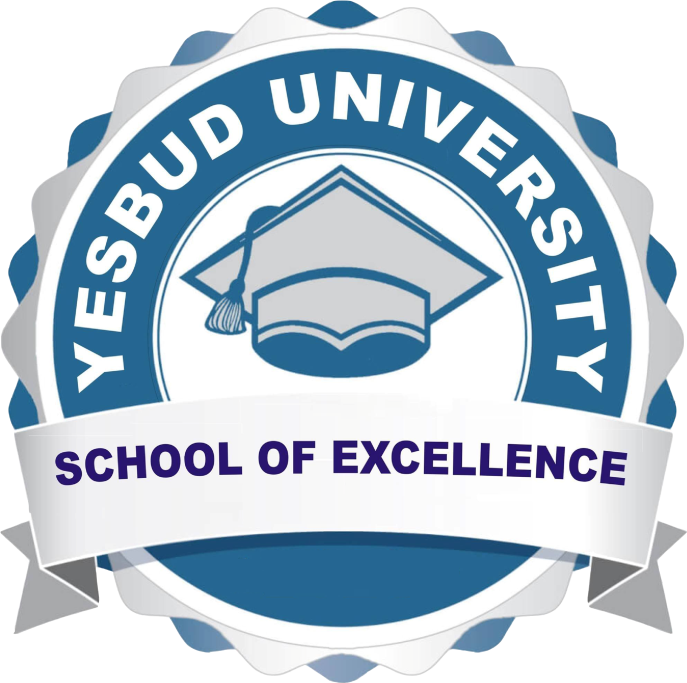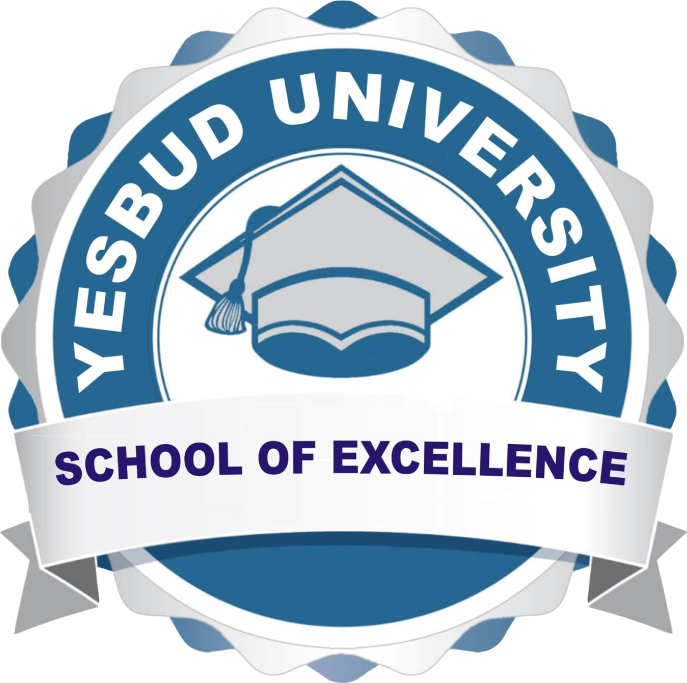JOB SUMMARY
Works independently, with some general direction from designated administrator(s) or department head. Performs a variety of professional duties in an academic research library. Requires comprehensive knowledge and effective application of library principles, organization, and operation; mastery of and substantive contribution, on a regional or statewide basis, to one or more areas of librarianship and/or related disciplines; consistent exercise of initiative, leadership, originality and independent judgment in interpreting and applying library principles, and theories; participation in collaborative efforts to set and achieve organizational goals.
CHARACTERISTIC DUTIES AND RESPONSIBILITIES
In whichever unit a librarian may be assigned, he/she may generally beresponsible for any number of the following duties and responsibilities:
- Acquires and maintains a thorough knowledge of the research, teaching, and learning needs of various University constituents, identifying the most effective methods of providing library services.
- Actively participates in working groups, teams, and/or committees.
- Initiates and maintains business relationships with publishers and/or book, software, hardware, or electronic service vendors, both foreign or domestic, to negotiate, update, or cancel license and service agreements, discounts, subscriptions, approval plans, or standing orders; makes subsequent arrangements; follows up to resolve problems.
- Assumes responsibility for compliance with US copyright law, licenses, and Library and University policies for specified products and services, explains related issues to library users.
- Creates and maintains finding aids, service guide, usage instructions, and research tools.
- Defines, specifies, designs, installs, and /or maintains automated systems and other technologies to support library services and staff, using bibliographic, library-operation, and information-technology theories and principles for effective implementation.
- Identifies critical library needs and develops solutions such as major reorganization of a collection to provide greater control and access, securing alternate funding, or planning and organizing Friends or Alumni library support groups.
- Represents the Library effectively at the University and in the local community in the course of outreach services, teaching, committee service, and collaborations. For example: through service as library/faculty liaison, or on University Senate committees, or on local library boards or historical societies.
- Plans, organizes, implements and evaluates significant library programs, such as: bibliographic instruction, development of a new database search service, development of a specialized collection, automation planning, and bibliographic control.
- Serves as a regional or national leader in a particular area of expertise such as preservation, copyright, government documents, or digitization. Participates regionally or nationally as a teacher, workshop leader or panel participant for professional programs or committees, or task forces, or as an officer or program coordinator.
- Takes an active role in the development and interpretation of the research collections of the University Library system, integrating a broad knowledge of the collections with the academic curricula and the research programs, and anticipating the University’s information needs.
- Directs activities of department, regional campus or professional school staff; identifies staffing needs, and is responsible, either directly of through appropriate supervisors, for staff hiring, training, supervision, evaluation, work assignments, work schedules, and development opportunities; assists staff with individual goal-setting.
- Identifies, actively solicits, evaluates, and acquires gifts; may include contract negotiation for gifts or deposits.
- Performs curatorial duties for a specific collection, including selection and acquisition of books, electronic resources, serials and manuscript collections; serves as primary contact with current and potential donors.
- Provides assistance to users in a variety of settings by assessing user’s information needs through use of formal interviewing techniques, then identifies appropriate resources and assists the user in selecting and using those resources. Requires the ability to interpret subject content and a thorough understanding of the scope, authority, arrangement, and format of reference tools and online systems, bibliographic standards, collections, services, and technologies.
- Demonstrated ability to use the tools and standards, internal and external to the library, that provide the basis for responding to queries, coordinating services, organizing information, creating new resources or finding aids, or implementing new technologies.
- Researches, selects, and maintains appropriate resources in a variety of formats and delivery models to support academic programs and university initiatives, reviewing and evaluating the need, cost, availability, and ongoing usefulness, and requiring subject expertise and knowledge of user needs and the market. Aligning allocation of resources with institutional goals.
- Trains and assists library users in the use of electronic and print research tools, at point of need.
- Develops, presents, and assesses formal instructional programs and resources designed to teach information skills in classroom settings or as a part of individual learning using appropriate technology.
- Supervises and/or prepares performance evaluations for professional staff, classified staff and/or student workers.
- Coordinates the formulation, management, and documentation of in-house and contractual cataloging and metadata standards, policies, workflows, and procedures in conformance with nationally accepted standards and current cataloging practices.
- Leading and/or coordinating digital preservation efforts for the libraries that will ensure enduring access to the full content of digital resources over time.
- Plays a major role in developing, implementing, and interpreting departmental policies and procedures and makes exceptions to established policies and procedures within acceptable library practice and principles.
- Operates and/or trains staff in the use of automated library system(s), requiring a through knowledge of the organization of bibliographic data contained on the system as well as an ability to query and retrieve data from the system.
- Evaluates new electronic resources or systems under consideration by preparing specifications, attending demonstrations and/or providing input.
- Resolves difficult problems associated with methods, procedures, principles, or theories related to professional librarianship.
- Applies knowledge of a related academic discipline (e.g. administration theory, archival management, history, law, medicine, the arts, or technology) to administration or development of special services.
- Learns, uses, and maintains competency with relevant and emerging technology as required.
- Provides administrative or technical leadership for a specific service, collection, project, or library unit, such as law, pharmacy, art, or music.
- Plays a major role in the preparation and monitoring of grants, budgets, reports, long-term plans, and statistical data related to library operations. Exercises fiscal control over approved budgets with primary responsibility for expending the budgets.
- Plays a major role in creation and maintenance of service desk policy and procedural documentation developing, implementing, and interpreting departmental and library policies, procedures, and documentation.
- Demonstrate initiative through perception of critical needs and development of solutions, foster similar skills in less experienced staff.
- Works with acquisitions librarian and collection development team to manage the collections budget.
- Resolves difficult problems associated with administrative, bibliographic, cataloging, and/or information technology methods, procedures, principles, or theories.
MINIMUM ACCEPTABLE QUALIFICATIONS/SKILLS
- Masters’s degree; at least 5 years of experience directly related to the duties and responsibilities specified.
- Work experience in a library setting
- Demonstrated working knowledge of current technology, software, and automated library systems
- Demonstrated leadership and excellent communication skills
- Experience managing a budget for a department, project, team or committee
- Demonstrated analytical and problem-solving skills with ability to think strategically, be forward thinking, and embrace change
- Demonstrated experience working in a team-based environment
- Maintain active and continuing involvement in professional activities at a statewide, regional and/or national level
- Experience managing a department, project, or team
- Willingness to travel and work a flexible schedule

